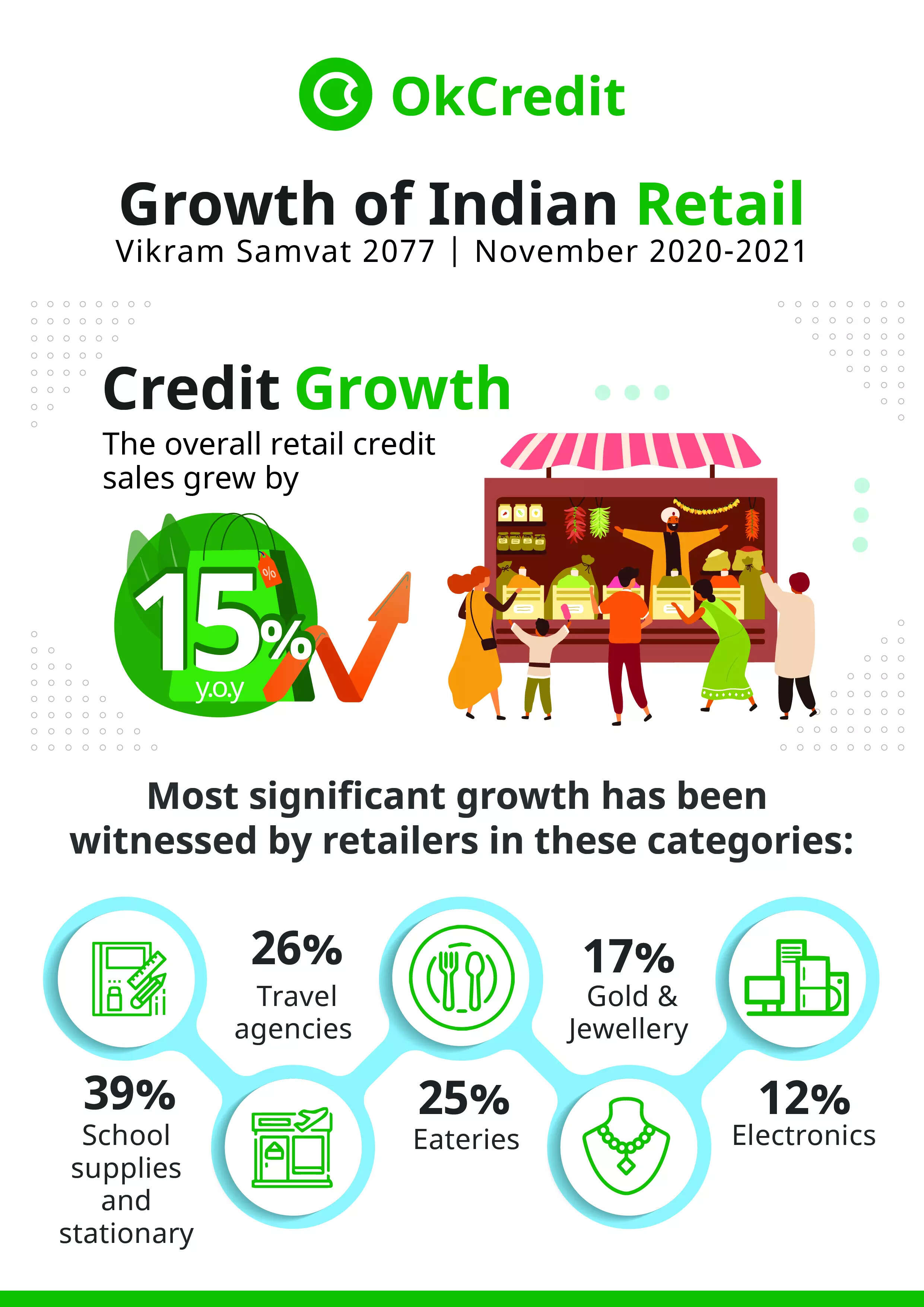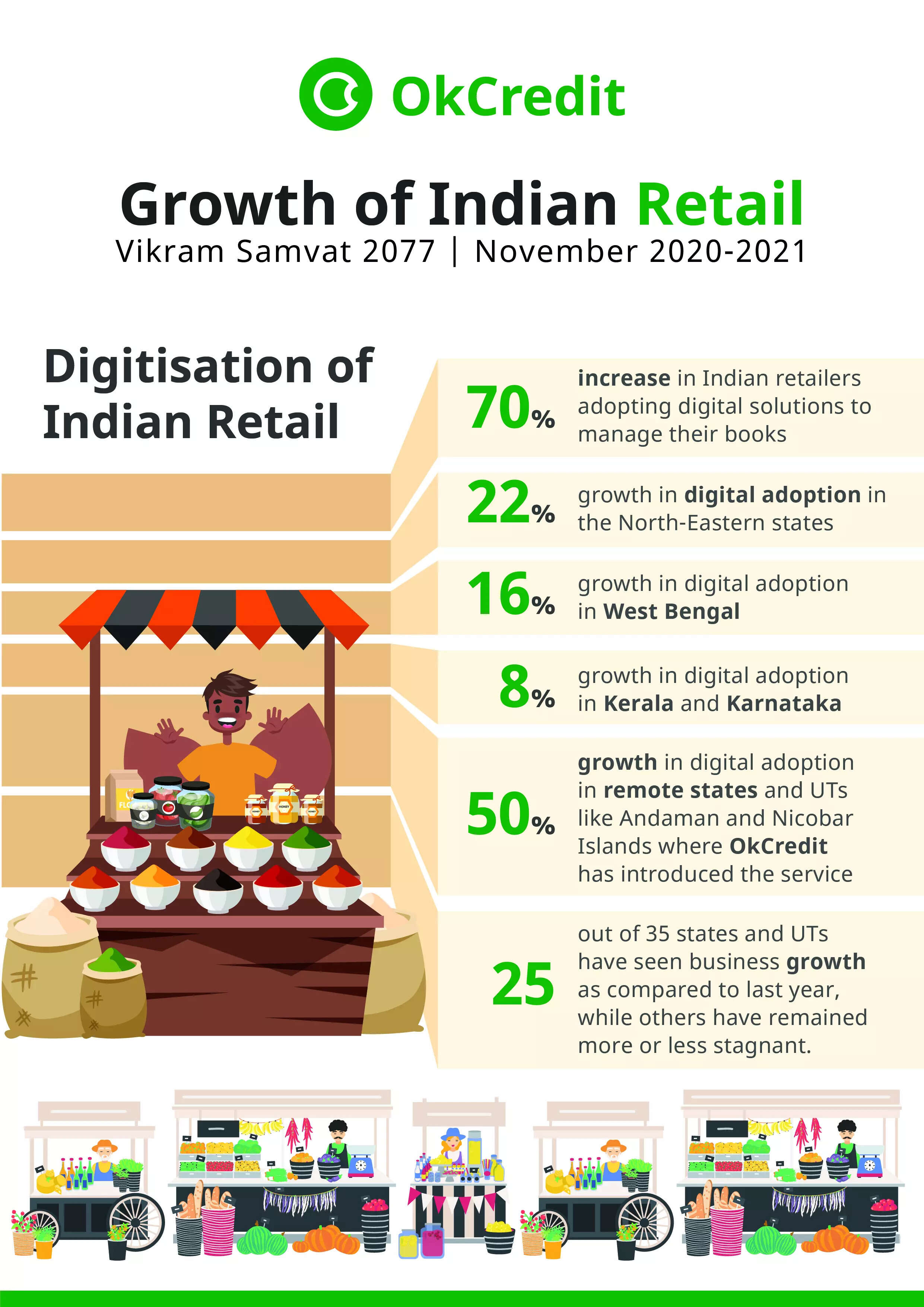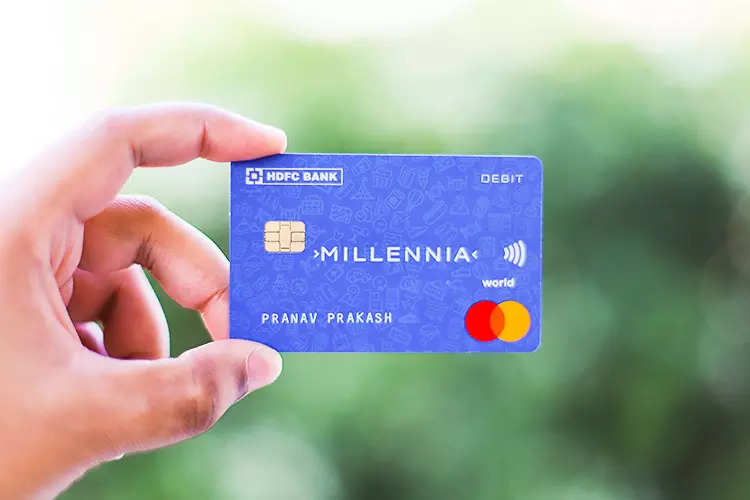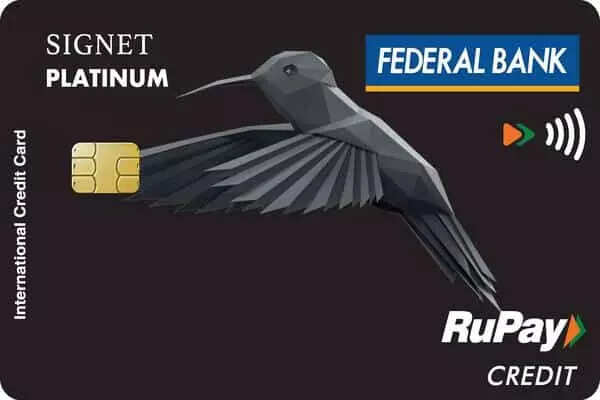Global
card networks Visa and
Mastercard plan to launch their respective Buy Now, Pay Later (
BNPL) platforms in
India by the end of FY22, three top industry executives aware of the developments told ET.
BNPL is a credit option that gives customers at storefronts and on ecommerce pages the option to defer payments free of cost or to convert the transaction value into equated monthly installments (EMI). The facility is provided by financiers even to those without credit cards.
Visa and Mastercard are reportedly scouting for partners to set up platforms that would facilitate retail brands and online merchants to directly tie up with banks and offer their customers various payment options, the sources cited above said.
“BNPL platforms by both Visa and Mastercard are in the works, and it makes complete sense as they have a goldmine of customer data to create platforms for banks looking to enter this space,” said the chief executive at a large private bank. The executive didn’t want to be named.
Both Visa and Mastercard have approached major card-issuing local banks on their respective networks with product propositions. Visa is also said to be in talks with one or more payment gateways for a strategic tieup, sources added.
Visa and Mastercard didn’t respond to ET’s queries on the subject.
At present, this service is offered by startups such as ZestMoney, Capital Float, PayU’s Lazypay as well as Pine Labs and Paytm. The market has seen significant traction over the last two years with millions of Indians taking to online shopping through the pandemic.
Global Templates
The move is in line with Visa and Mastercard’s BNPL forays in various international markets. Last month, Mastercard announced the launch of a new BNPL platform in the US, the UK, and Australia across its acceptance networks. This comes at a time when global fintech companies, such as Square, PayPal and Klarna, are betting aggressively on this segment.
Mastercard believes that BNPL could lead to a 45% increase in average sales from existing relationships and a 35% reduction in cart abandonment, a source briefed on the matter told ET.
Visa, too, has launched BNPL initiatives in markets such as Canada and Malaysia and is reportedly setting up a global BNPL vertical to oversee the development. According to a source, a top executive in Visa’s South Asia team could head this vertical, although ET couldn’t independently verify the proposed appointment.
As per industry insiders, the typical model would involve a financier tying up with a merchant and a platform for a fixed transaction fee. As there is no interest rate, the facility is offered to customers with a Merchant Discount Rate – or a transaction service rate – of around 1.5%.
The moves are seen by industry insiders as an attempt by the US card companies to gain first-mover’s advantage in India’s nascent online instalment payments market.
Another source involved with the talks said that the plans were finalised after the Reserve Bank of India (RBI) announced stringent card data storage norms. The new rules set to kick in from 2022 will prohibit merchants from storing card data of customers, which could significantly hamper their ability to offer customised discounts and EMI options.
“From January, the credit card market is expected to shrink due to the new rules that restrict merchants from storing card details,” said an executive cited above. “For the large payment operators, BNPL allows an opportunity to use scale.”
Over the past four years, the National Payments Corporation of India (NPCI)-owned solutions such as Unified Payments Interface and Bharat Bill Pay have helped increase the adoption of digital payments in the country.
Banks Willing to Underwrite Risk
Through the festive season, top consumer Internet companies, including Flipkart, Amazon, Paytm and Byju’s, are offering BNPL services to customers. The premise is simple: Millions of Indians who took to online shopping amid the Covid-19 pandemic are opting for interest-free credit at checkout points on online platforms. Banks, too, are willing to underwrite the risk.
Industry insiders say the size of India’s annualised BNPL market in gross transaction value terms has grown to around $1.5-2 billion in less than 18 months, from just a few million dollars in 2019.
At the backend, these transactions are enabled through network integrations involving retail marketplaces, merchants, and financiers. The model is also applicable to offline outlets, where Bajaj Finance is among the leading players.
Typically, they are “form-agnostic” and can be enabled after the customer’s credentials are authenticated at checkout points. Hypothetically, such transactions can be done without any payment instrument, using just an ID card. Moreover, the repayment contracts are flexible, depending on the credit scores of customers.
Fintech companies typically rely on SMS data and credit scores to gauge income and repayment rates for underwriting. A loss is typically taken on the books of the NBFC or the banks. While default rates for BNPL in India are not in public domain, as per sources, the industry bounce rate hovers between 15% and 20%.





